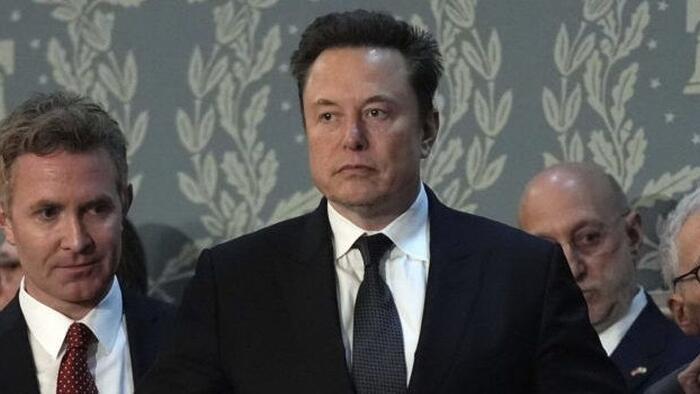The political landscape surrounding President Joe Biden and billionaire entrepreneur Elon Musk took an intriguing turn recently, spurred by a recent bombshell report from the Wall Street Journal. As Biden’s cognitive fitness for office came under renewed scrutiny, leftist commentators and social media users began openly questioning the proximity of Musk, a powerful figure in technology and social media, to President Trump. This alarm over Musk’s alleged influence reflects a broader unease within progressive circles regarding the intertwining fates of major political figures and their connections to influential private citizens. Criticism also emerged from notable CNN personalities, including Scott Jennings, who highlighted the hypocrisy in leftist concern for an “unelected” Musk leveraging political power while disregarding similar claims about an “unelected” Biden administration.
Musk’s perceived rise in political stature resulted in comments from lawmakers across both aisles, with Rep. Tony Gonzales (R-Texas) noting Musk’s growing influence likening him to a prime minister, while Rep. Pramila Jayapal (D-Wash.) humorously remarked on Musk’s role in the failure of a critical federal spending bill. Such remarks underscore a prevailing narrative that positions Musk as a populist voice rather than a traditional oligarch, drawing parallels to the political clout that Trump possesses. Many see Musk as having effectively embodied the will of the people in their frustrations with government inefficiencies, indicating a new type of leadership characterized more by influence and less by official titles.
As the conversation deepened, Trump interjected clarity about Musk’s political role during a recent speech, firmly asserting that Musk could never become president due to his South African birth, thus playfully dismissing any claims of Musk’s illegitimacy in receiving political power. The remarks played into broader discussions about the qualifications for political office while touching on the nuances of national identity and immigration status as it pertains to influential figures in American politics. This notably led to increased scrutiny over Musk’s immigrant background, with left-leaning commentators on social media pushing for his deportation, reflecting a sudden shift in their previous stance towards immigrants in light of the tensions around Musk’s political engagement.
Responses to the calls for Musk’s deportation highlighted a profound irony; social media users questioned how a successful innovator and business leader could be considered unworthy of remaining in the U.S., especially in contrast to individuals engaging in criminal activities who are undocumented. The backlash against calls for Musk’s removal illustrates a split in the narrative surrounding immigration, with many users defending Musk’s contributions to American society and economy against the backdrop of systemic issues related to immigration and crime. This sparking of debate around who deserves to stay in the U.S. and who doesn’t can also be seen as indicative of broader societal divides on immigration policy and the value placed on contributions to the American landscape.
Complex discussions emerged around Musk’s alleged manipulation of legislative processes, as some critics expressed disbelief that someone not elected to office could wield such influence over national budgets and policies. Several social media users voiced their frustration by dismissing Musk’s meetings with Congress as a form of oligarchic power play, further fueling the narrative that Musk must be held accountable for his perceived overreach. This ongoing discourse reflects the intertwining of tech influence and political power, revealing how personal narratives around immigration and legal status can provoke intense reactions about legitimacy in governance and citizenship.
Contributions from various commenters demonstrate pervasive dissatisfaction with the political status quo, resulting in calls for systemic change. While many proffered extreme stances such as demanding Musk’s deportation, others pointedly rejected the notion of targeting someone whose expertise and innovation can arguably strengthen the U.S. economy. The ongoing dialogue exposes not only the complexities of Elon Musk’s association with Trump and Biden but also offers a lens into broader debates regarding immigration, citizenship, and the responsibilities of powerful individuals who intersect with political institutions. Ultimately, the discourse surrounding Musk represents a microcosm of deeper societal questions regarding the relationship between wealth, power, and governance in contemporary America.

